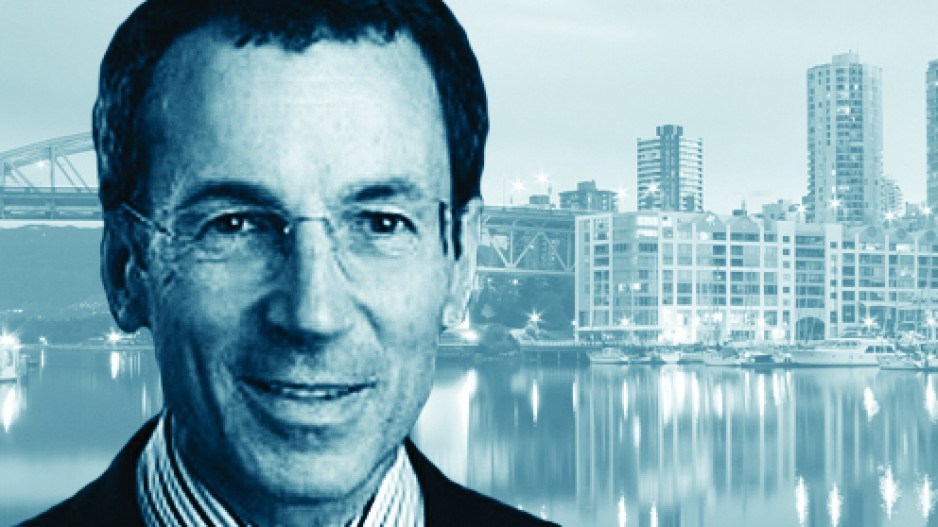Because this is Vancouver, it must be time to talk again, with passion, unendingly, about real estate. But first, let me set my timer. Mathematician Jens von Bergmann has worked out that because I own a west-side home in Vancouver, every hour I “earn” $172 based on my rising house value. If I were renting and looking to buy real estate in the city some day, I might be making $25 per hour. The gap widens every minute.
There’s a disturbing lesson in the study that found “air rage” is much higher in planes with a first-class section than in those with just economy-class seating. If locals were being priced out of their neighbourhoods mostly by economy-class people who lived and worked here and earned enough at their jobs to get a leg up in the housing market, I don’t think this issue would be The Only Thing We Talk About Anymore.
So how do we tilt the buying field to narrow that widening gap?
First, the provincial government has to want that. We’re still waiting.
Then, as has been said so often, we need more housing options. End the socialism for the rich that entrenches single-family residential in our constrained urban area. Look at heritage zones, as has just been done in Shaughnessy and in widespread areas of Victoria and other cities, where homeowners can infill with “gentle density” but can’t tear down an existing home. Standardize approvals of laneway homes. Give the Vancouver city hall permit approval department a well-deserved enema. Change the University of British Columbia (UBC) charter so Prof. Patrick Condon’s proposal for massive residential infill for affordable student housing on campus could be financed. Etc., etc.
But never forget that as long as global demand for property here is close to insatiable, more density doesn’t guarantee affordability – NDP MLA David Eby points to Macau, Monaco, Hong Kong and Singapore as proof.
We could take the edge off some of the rage by simply enforcing the rules we already have – deflate the portion of the market driven by tax fraud. Vancouver tax specialist Samuel Hyman points out in the Vancouver Sun that the claims on real estate forms about whether a seller is a resident of Canada for tax purposes are never checked with Canada Revenue Agency or Citizenship and Immigration Canada. They should be.
How about looking differently at the billions of dollars in windfall property wealth that is piling up all over Metro Vancouver, mostly tax-free? City of Vancouver property tax rates were the lowest in Canada in 2014, according to the Real Property Association of Canada.
If someone chooses to park investment money in Metro Vancouver real estate, it’s a great deal: pay low property taxes and enjoy the property value lift supported by all the public services ($0.92 of every tax dollar spent) someone else is paying for.
A proposal to shift the tax load from income to property was endorsed by 47 leading economists and business professors at UBC and Simon Fraser University (SFU). They call it the B.C. Housing Affordability Fund. Unlike the current first-time homebuyer’s grant, it would be a self-financing fund. The money raised would be paid back to actual residents to help them cope with the high cost of housing. It would seriously crank up property taxes – by around 300% – but simultaneously reduce that surcharge dollar for dollar based on the federal and provincial income taxes paid by that household. (SFU Prof. Rhys Kesselman came up with a similar proposal.) Pensioners, veterans and disabled people would be exempted, and investors who earn income by renting out their properties would get a break, so it would encourage putting vacant homes into the rental market.
These are just a few of the many proposals out there. None has any chance of being implemented as long as our elected officials keep viewing the world from the first-class cabin. •
Peter Ladner ([email protected]) is a co-founder of Business in Vancouver. He is a former Vancouver city councillor and former fellow at the SFU Centre for Dialogue. He is the author of The Urban Food Revolution.




